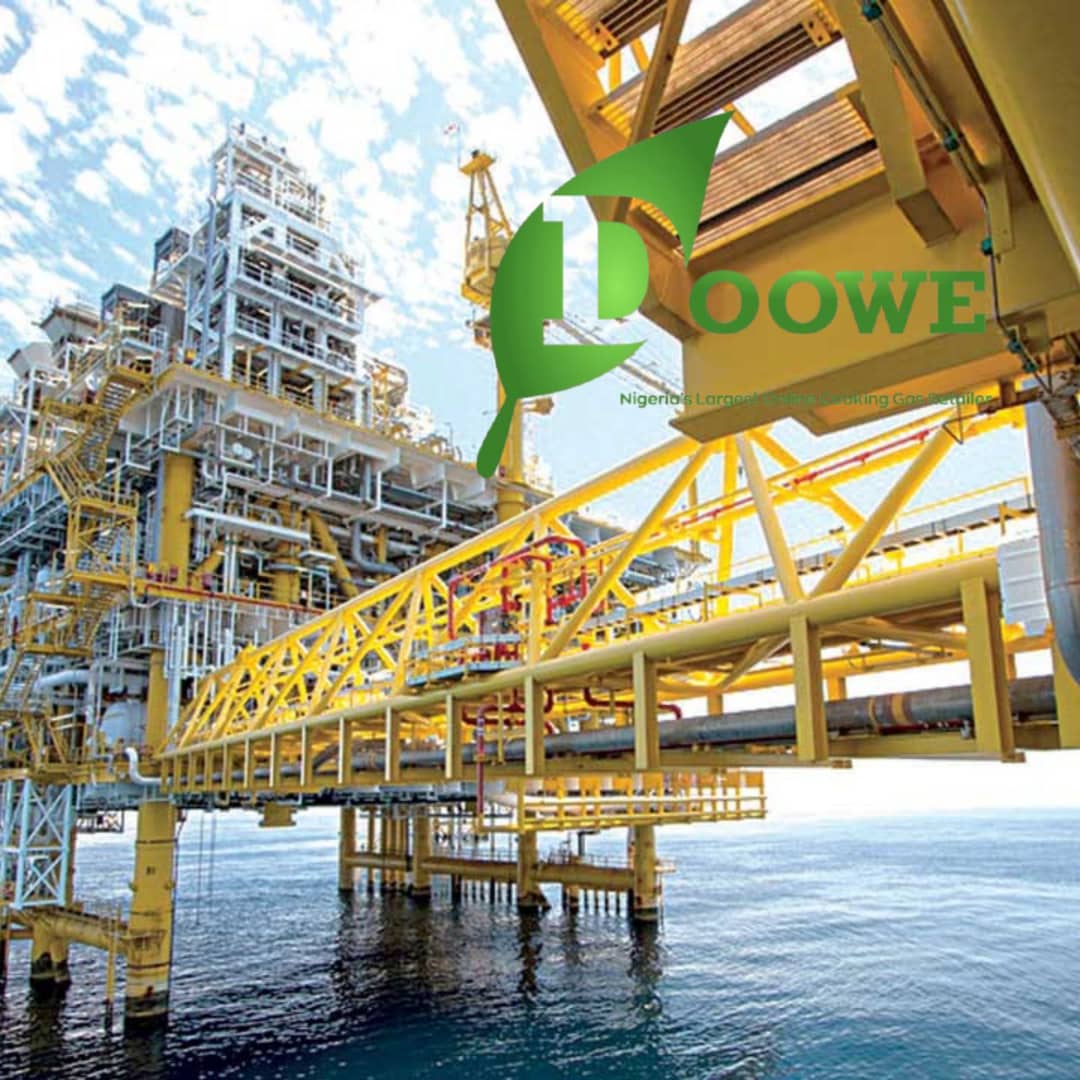A major drain in Nigeria’s gas reserve system has been the continuous flaring and waste of the resource. For decades, flames from gas flaring have dotted the Niger Delta and no one seems to know or want to do anything about it. This gas flaring means the country is losing billions of dollars annually in prospective revenue that would have accrued if the resource was properly tapped. The significant portion of the country’s gas reserve is not only being wasted but also causing environmental damage.
Nigeria, with significant proven reserves of over 210 trillion cubic feet (tcf) of gas has continued to perform below par in the utilisation of this resource because despite this abundance, the country is unable to produce enough gas to support domestic operations. This is perplexing, given the huge reserves.
The huge reserve positions Nigeria as a significant player in global gas reserves, often ranking among the top ten countries with the largest reserves globally. These reserves represent a considerable portion of the world’s total gas and highlight Nigeria’s potential in the energy sector, including the likelihood for export and domestic use.
In Africa, Nigeria’s 210 trillion cubic feet places her as number one with the largest proven natural gas reserves, significantly outstripping other countries like Algeria which has around 4.5 Tcf of proven reserves, but more extensive unconventional reserves; Egypt with about 77 Tcf of proven reserves, plus significant offshore and recent discoveries; Mozambique which has roughly 150 Tcf of proven reserves, with recent large offshore gas discoveries; Libya with estimated 50 Tcf, with significant potential; and South Africa which has much smaller reserves, of around 5–10 Tcf.
Nigeria’s huge gas reserves give her a strategic advantage in regional energy markets and potential for exports, especially if infrastructure is developed further. But the main challenges facing gas development have always been infrastructural deficits, including limited pipeline and processing facilities as well as aging equipment, mostly due to poor maintenance culture and outdated technology. All these hamper efficient operations.
There is also paucity in funding and investment because developing gas infrastructure is capital-intensive, and securing sufficient investment has been challenging due to perceived risks and uncertainties. As usual, policy and regulatory challenges are also cogs in the wheel of progress, as inconsistent policies and poor regulatory frameworks deter local and foreign investors from getting involved in the sector.
Overcoming these challenges requires coordinated efforts between government, private sector, local communities, and international partners to create enabling policies, investments, and infrastructure development. Nigeria can maximise its gas resources through a strategic combination of policy reforms, infrastructure development, investment, and technological advancements, with the building of a robust pipeline network to connect gas-rich regions with domestic industries and power plants, as well as the establishment of liquefied natural gas (LNG) facilities to enable export and access global markets. There is also the need to upgrade existing facilities for gas processing, storage, and distribution to improve efficiency.
The creation of a favourable policy and regulatory environment should also assist to provide a boost for the sector with the implementation of clear, stable policies that encourage investments. Some of these policies could provide incentives such as tax breaks, subsidies, or tariffs that favour gas use over other energy sources. This will no doubt attract domestic and foreign investment. Also, the security challenges associated with gas infrastructure and production are enormous and a holistic approach needs to be adopted if any success is to be achieved.
There are several ways to expand power generation capacity using domestically produced gas to improve electricity access. Such an expansion will encourage industries like fertilizers, petrochemicals, and manufacturing, to rely on natural gas as a feedstock or energy source. The implementation of policies that favour gas-powered vehicles and cookers will help to reduce reliance on biomass and kerosene. Such policies should also be targeted to enhance export opportunities, explore new markets and routes for natural gas exports, including pipeline projects to neighbouring countries.
Nigeria LNG which is in the process of expanding its facilities is not even operating at full capacity and this buttresses the need for gas to support power generation, particularly from thermal power plants, which are primarily gas-fired. Experts believe that for the next decade or two, gas-fired plants will remain the dominant source of electricity in Nigeria, because there are limitations of hydro power.
There is an urgent need to invest in gas production and the necessary infrastructure for transmission and transportation. No doubt, the government can play a role as an enabler, but the private sector should also be involved in these efforts.
As Prof. Barth Nnaji, a former Nigerian Power Minster said recently at the Oriental News Conference on Gas Potentials: “Enabling the private sector is what the government needs to do to make this sector blossom”.
The challenges faced by power plants due to inconsistent gas supply affect their operations. There ought to be consistent and ongoing discourse to seek for solutions to issues that will make Nigeria reap maximum benefit from its huge gas deposits which an improvement in the gas supply situation will bring. With a stable and adequate gas supply, Nigeria’s economy could become more stable and grow. There is also the potential for diversification in the production sector through the development of petrochemical industries and gas-supported manufacturing processes.
The government has done it before in other areas and Nigeria’s gas potentials are so huge, but we cannot keep begging the question. Since they have done it before, why not now? The rewards will surely be mind-boggling. Nigeria cannot continue to flare her gas wealth away.
At Doowe Gas — Nigeria’s largest online cooking gas retailer — we remain committed to delivering excellence, safety, and convenience in every service we provide.
Follow us on all major social platforms for vital tips.
Our YouTube channel is dedicated to providing in-depth analysis for professionals, investors, and policymakers. Get informed, get empowered.
Join the conversation.
Subscribe today!. ➡️ https://lnkd.in/e_vit42X
Source:
orientalnewsng.com





